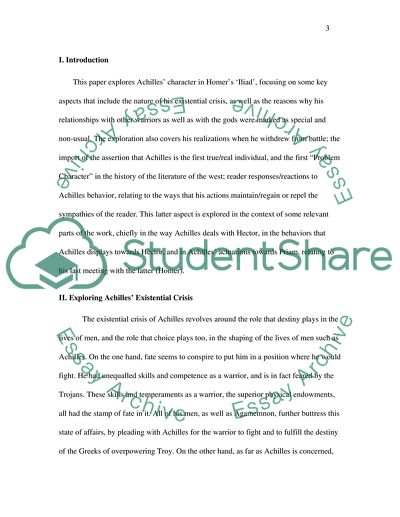Cite this document
(Homers Iliad Assignment Example | Topics and Well Written Essays - 2250 words, n.d.)
Homers Iliad Assignment Example | Topics and Well Written Essays - 2250 words. Retrieved from https://studentshare.org/literature/1821732-english-literature
Homers Iliad Assignment Example | Topics and Well Written Essays - 2250 words. Retrieved from https://studentshare.org/literature/1821732-english-literature
(Homers Iliad Assignment Example | Topics and Well Written Essays - 2250 Words)
Homers Iliad Assignment Example | Topics and Well Written Essays - 2250 Words. https://studentshare.org/literature/1821732-english-literature.
Homers Iliad Assignment Example | Topics and Well Written Essays - 2250 Words. https://studentshare.org/literature/1821732-english-literature.
“Homers Iliad Assignment Example | Topics and Well Written Essays - 2250 Words”, n.d. https://studentshare.org/literature/1821732-english-literature.


